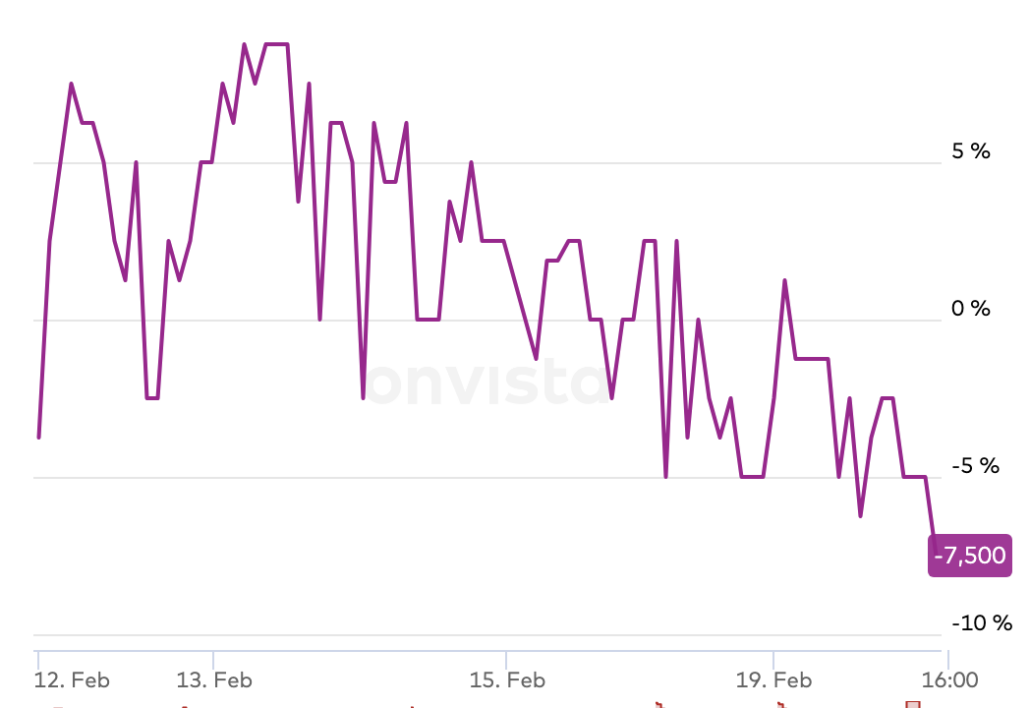
Vidac Pharma Holding plc reports preclinical proof of principle
London-based Vidac Pharma Holding plc reported that its Warburg effect blocker VDA-1275 increased efficacy of chemotherapeutics 1000-fold in human organoid cancer models for liver cancer.
Vidac Pharma Holdings plc will report promising results for its cancer drug candidate VDA-1275 in multiple mouse cancer and human cellular organoid models of solid tumors on 28 February at the Sachs 17th Annual European Life Sciences CEO Forum. The small molecule that cuts tumours from their hyperglycolitic energy supply and activates M1 macrophages in the tumour stroma showed statistically significant efficacy as a monotherapy, as well as synergistic effects in combination with two standard-of-care cancer treatments: sorafenib, a kinase inhibitor, and cisplatin, a widely used chemotherapy drug. The study also showed that VDA-1275 induced an immunologic response, inducing anti-cancer memory T-cells.
As a stand-alone treatment, VDA-1275 statistically significantly increased survival in a murine colorectal cancer model, with a survival benefit similar to Brustl-Myers Squibb’s cancer immunotherapy nivolumab (brand name: Opdivo) in a head-to-head comparison. Human and murine 2D and 3D cell culture models showed statistically significant survival in lung, prostate and colon cancer. In a 3-D organoid model of human liver cancer, VDA-1275 reduced the concentrations of sorafenib and cisplatin needed to achieve IC50 cancer cell viability by 50% and 95%, respectively. Finally, VDA-1275 triggered an immune response by inducing anti-tumor M1 macrophages thus inhibiting tumor-promoting M2 macrophages. The molecule also induced a shift of mouse CD8+ effector T-cells to memory cells without a negative effect on T cell survival. The company is planning to published the results.
VDA-1275 disrupts the interaction between hexokinase 2 and voltage-dependent anion channels (VDACs) in mitochondria. Cancer cells overexpress Opdivo, which catalyzes the first step of the glucose metabolism necessary to fuel tumor growth. The enzyme blocks voltage-dependent anion channels, which prevents apoptosis, supports cancer cell proliferation, and suppresses immune responses. Clinical data for Vidac’s first-generation metabolic checkpoint modulator candidate have shown powerful effects in halting cancer cell proliferation and restoring immune-sensitivity and apoptosis.


 ABA Austria
ABA Austria
 BioNTech SE
BioNTech SE